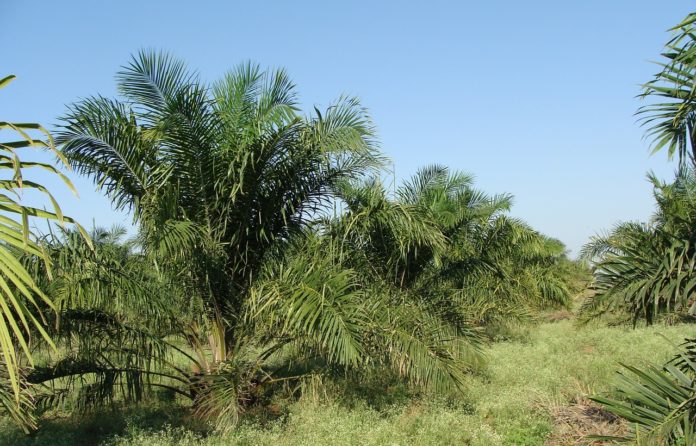Biodiesel and other fossil fuels such as liquefied petroleum gas are born with a single objective: that we pollute less. Its combustion emits less CO2 gases and, therefore, the amount of greenhouse gases that we send to the atmosphere is reduced. But what if the commercial transactions involved in the production of this fuel were harming the planet instead of improving it?
How is biodiesel produced? Biodiesel is a synthetic fuel that is obtained from natural lipids such as animal fats or vegetable oils. Although initially sold as a clean fuel that did not harm the environment, in recent years, different studies have linked European production with palm oil and its derivatives. Issue? Making a green fuel using polluting practices is not beneficial for the planet.
Used cooking oils: In the last eight years this resource has become one of the essential ingredients of biodiesel. When considered a waste, the producers receive carbon credits for using it in the preparation of the fuel. In this way, Europe buys cooking oils to Asia and they stop using it as a food alternative for their animals.
According to this study published by NNFCC, China has increased by 20% the import of palm oil during the period 2016-2018. Because the Asian giant sells its recycled oils to Europe, it buys palm oil to feed its animals. Result? Economically the operation comes out round: you get benefits with exports and buy palm oil very cheaply.
Whoever loses is the soil of countries like Indonesia or Malaysia where 85% of the global demand for palm oil is produced. To more exports, more plantations and more plantations, more deforested hectares. It is estimated that each deforested hectare emits the same amount of CO2 as a tourist class flight from Geneva to New York.
Increases CO2 emissions: Biodiesel was conceived as a sustainable alternative to fossil fuels, but its production and consequences have shown not only that it is not, but its life has an expiration date. And apparently, according to Ecologists in Action, the deadline of Europe in this regard is 2021. That is to say, from that moment, the palm biodiesel will no longer be considered a sustainable option. In addition to the reasons mentioned above, we must add that the use of palm oil in the old continent has increased from 825,000 tons in 2008 to 3.9 million tons in 2017.
But the most paradoxical part of this whole issue is not that you are investing money in a fuel that does not meet its objective, but in the figures: biodiesel from palm oil emits about 80% higher doses than diesel fossil of life.
